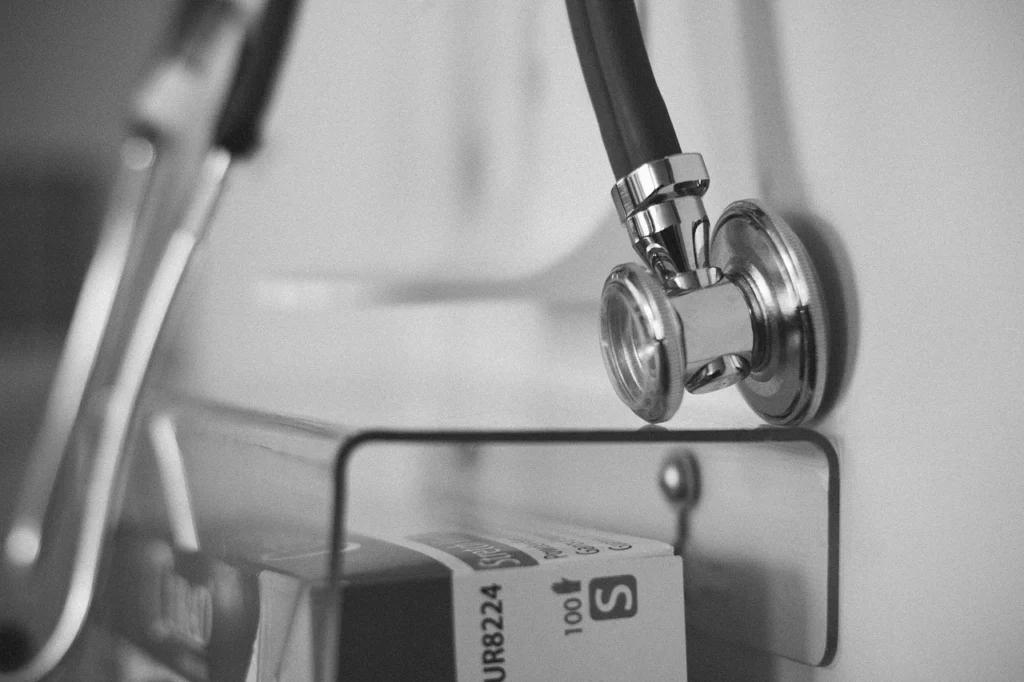It’s a terrifying thought – you go to the hospital with a specific ailment and are given the wrong treatment. Unfortunately, this happens more often than you might think. In fact, according to a study by Johns Hopkins, medical errors are the third leading cause of death in America. This means that thousands of people die each year from incorrect diagnoses, botched surgeries, and other medical mistakes.
So what can you do to protect yourself? In this blog post, we will discuss some tips for avoiding the risk of getting the wrong treatment in a hospital. We will also look at what you can do if you suspect that something is not quite right with your treatment. So, whether you’re visiting a hospital for a routine checkup or for more serious medical care, keep reading to arm yourself with the necessary knowledge.
What Is Medical Negligence?
First, it’s important to understand the concept of medical negligence. Medical negligence is a term used to describe when a doctor or other healthcare provider does not provide care that meets the accepted standard of practice. This can be due to any number of reasons, such as misdiagnosis, inadequate treatment, or failure to follow safety protocols.
It’s important to note that medical negligence doesn’t necessarily mean that someone has acted maliciously or recklessly; rather, it’s just a term used to describe an error in medical care. If you happen to have a problem like this one, you should look for help from a medical negligence attorney who can help you get the compensation that you deserve. They can also help you to get the right treatment and to ensure that your rights are protected in all future cases.
Tips For Avoiding The Risk Of Getting The Wrong Treatment In A Hospital
Now that you know what medical negligence is, here are some tips for avoiding the risk of getting the wrong treatment in a hospital:
• Research any procedures beforehand. Make sure to ask your doctor questions about any treatments or medications before they are administered.
• Speak up if something doesn’t feel right. If you notice something unusual during a procedure, don’t be afraid to speak up and ask questions.
• Get a second opinion if necessary. If you’re feeling unsure about a diagnosis or treatment plan, it’s always best to get another opinion from another doctor or specialist.
• Stay informed about your health records. Ask your healthcare provider for copies of all your records so that you can stay informed and on top of any changes.
• Document all treatments and medications. Keep a record of all the medications you are prescribed, as well as any treatments or procedures you have undergone so that you can refer back to them if necessary.
What To Do If You Suspect That You Have Received The Wrong Treatment In A Hospital
If you suspect that something is not quite right with your treatment, it’s important to act quickly. Here are some steps you can take:
• Contact a medical negligence lawyer. A lawyer with experience in this area will be able to advise on whether or not you have a case for medical negligence.
• Report any concerns to your healthcare provider. It’s important to communicate any discrepancies or concerns that you may have about your treatment.
• File a complaint with the appropriate governing body. Depending on where you live, this could be either the state medical board or another organization responsible for regulating healthcare providers.
What Happens To A Doctor Who Makes A Mistake?

When a doctor makes a mistake, the consequences can vary depending on the severity of the situation. In some cases, it may result in disciplinary action from a medical board or other governing body. Additionally, the patient could file a medical malpractice lawsuit against the doctor and receive compensation for any damages incurred as a result of the error. This means that the doctor could be held liable for their mistakes and forced to pay monetary damages.
For example, if a doctor misdiagnoses a patient and the patient suffers further health complications as a result, they could be sued and made to pay for any medical bills, lost wages, and other expenses related to the misdiagnosis.
No one should ever have to go through the trauma of receiving incorrect or inadequate treatment in a hospital. By following these tips, you can reduce the risk of getting the wrong treatment and ensure that you get the care you deserve. Remember to always speak up if something doesn’t feel right and seek out legal help if necessary. With these steps, you can protect yourself against potential medical negligence and receive proper care every time.








